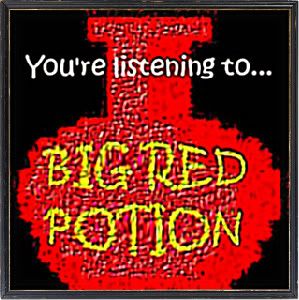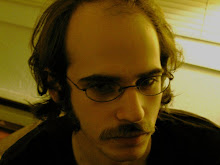I have to admit that I'm rather excited for Uncharted 2. That being said, I have some concerns based on what we've seen in trailers as well as my take on its predecessor.
I liked the first Uncharted, but seemingly not as much as the rest of the world. I found it absolutely brilliant in some ways, but lacking in others. In terms of characters, dialogue, graphics, music, animation, and overall presentation, Uncharted was a tour de force. On the other hand, I found its core mechanics not particularly interesting. It seemed like it was 80% shooting, with very light, easy elements of exploration and puzzle solving thrown in for good measure. It was serviceable, but got old quickly for me. Compared to a game like the recent Batman: Arkham Asylum, which switches gears far more often, Uncharted's pacing just felt off. There's a lot more to treasure hunting than shooting hundreds of pirates in the head, and I'm personally more interested in the exploratory nature of the treasure hunt (something I felt like the recent Tomb Raider games have gotten down, in spite of falling short in all the other ways in which Uncharted succeeds).
As such, my excitement for Uncharted 2 was always a bit lowkey. I knew I'd play it when it came out, but had a hard time mustering up that much excitement over it. Then came the E3 live demo at the Sony press conference. It portrayed a four minute scene of Nathan Drake eluding a helicopter along a series of rooftops. In terms of presentation it set a new highmark as the camera would consistently portray the best angle on the action as the environments changed in conjunction with the aforementioned helicopter destroying them. Watching the clip, I was very impressed. Now that the early reviews have poured with scores off the charts, I decided to rewatch these clips for the first time since E3 in order to muster up my excitement. Sadly, they don't play as well the second time around, bringing me to my single largest concern about Uncharted 2.
The scenes we've seen in trailers look absolutely marvelous, save one crucial concern; the events look to be largely scripted. The first time you see a helicopter shoot down a building you're on as the floor slopes down and everything on it slides with it, it's a sight to behold. But imagine getting a game over several times during one of these setpieces and having to redo it again and again. Each time you'd see the same events occur and after the first or second time, they'd lose their "wow" factor.
If everything goes smoothly, the game looks great. If you mess up and get a game over, repeating previous sections doesn't sound very dynamic. If it's anything like the first game, it'll quickly resort into a case of "shoot these two guys behind that pillar, then move on until this guy comes in from the right..." In essence, these games are very much on-rails. They're little more than movies with interactive shooting bits in between.
This doesn't make Uncharted and potentially its upcoming sequel bad games. They're still superb linear third-person shooters. But my fear is that that's all they are. They're largely based on trial-and-error with little room for experimentation. You basically have to do things the right way or you can't progress; something that gets old fast. Perhaps if the game had a more vague narrative I wouldn't feel this way. Games like Demon's Souls barely have a story, and as a result, I feel less like I'm just going through the motions of someone's interactive movie, but rather playing the game at my own pace. It's a similar problem I came across with the Phoenix Wright games where you have to do as the designer intended or you can't progress. This is an interactive medium. I wish Naughty Dog used their stellar presentation to produce something where you could interact in more ways than just shooting guys or following a preset path.



